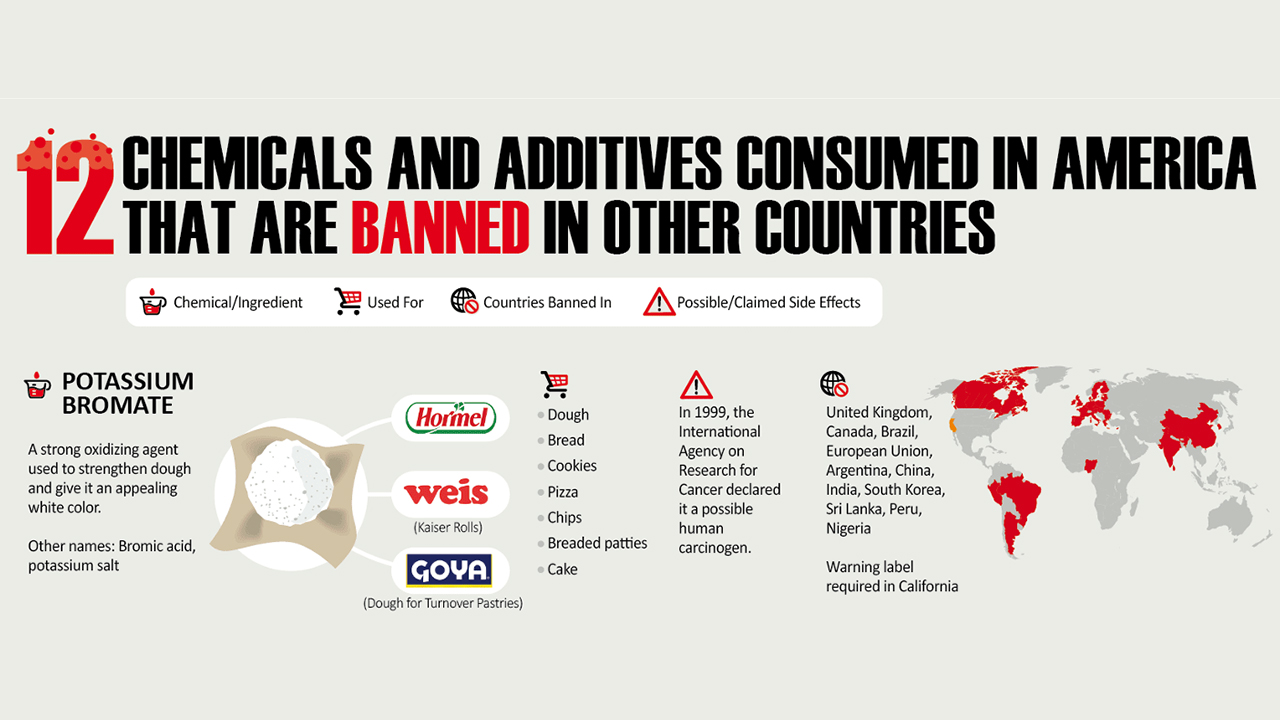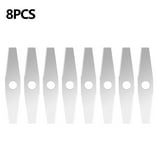Legal Battle Over Banned Chemicals: EBay And The Limits Of Section 230

Table of Contents
Understanding Section 230 and its Relevance to E-commerce Platforms
Section 230 of the Communications Decency Act of 1996 is a cornerstone of internet law in the United States. It shields online platforms from liability for user-generated content, essentially treating them as distributors rather than publishers. This means that websites and online marketplaces aren't held responsible for what their users post or sell, unless they actively participate in creating or contributing to the harmful content. This is crucial for e-commerce platforms like eBay, which host millions of listings daily. Without Section 230, these platforms would face overwhelming legal liability for the actions of their users.
However, this protection isn't absolute. Section 230's "good samaritan" clause encourages platforms to moderate content, but it also establishes limitations. The key distinction lies between passive hosting and active involvement. Platforms are generally protected if they merely host user-generated content, but they can lose this protection if they actively facilitate the sale or distribution of illegal items.
- Section 230's "good samaritan" clause: This encourages platforms to moderate content to remove illegal or harmful material.
- Limitations of Section 230: The protection doesn't extend to situations where the platform actively participates in creating or distributing illegal content.
- Potential for platform liability: If a platform is shown to have actively facilitated the sale of illegal items, such as banned chemicals, they can be held liable.
The Case of Banned Chemicals on eBay: Specific Examples and Legal Ramifications
Numerous lawsuits have targeted online marketplaces, including eBay, for allowing the sale of banned or restricted chemicals. These chemicals, ranging from highly toxic pesticides to dangerous industrial solvents, pose significant risks to human health and the environment. The legal ramifications are substantial, with plaintiffs often citing negligence and failure to adequately monitor listings.
The successful prosecution of such cases hinges on demonstrating the platform's knowledge of the illegal activity and its failure to take reasonable steps to prevent it. Consumer complaints and regulatory actions often play a crucial role in initiating these lawsuits. Identifying and removing listings for prohibited chemicals is a significant challenge for platforms like eBay, given the sheer volume of listings and the sophisticated methods used by sellers to disguise illegal products.
- Examples of successful lawsuits: While specific cases often involve confidential settlements, the legal precedent established in various lawsuits clearly demonstrates the potential liability.
- Role of consumer complaints and regulatory actions: These are frequently the catalyst for investigations and subsequent legal action against e-commerce platforms.
- Challenges in monitoring and removing listings: The sheer volume of listings and the ability of sellers to disguise illegal products make comprehensive monitoring a considerable undertaking.
eBay's Policies and Enforcement Efforts Regarding Banned Substances
eBay maintains detailed policies regarding prohibited items, explicitly listing banned chemicals within specific categories. These policies are designed to prevent the sale of hazardous materials, but enforcement remains a complex challenge. eBay employs a combination of automated systems and human moderators to scan listings and identify potentially illegal items. However, the sophisticated techniques used by sellers to evade detection, such as using ambiguous product descriptions or mislabeling items, create significant hurdles.
- eBay’s listing policies: These policies are readily available and detail prohibited categories, including specific types of banned chemicals.
- Automated systems and human moderators: eBay uses both to monitor listings, but neither method is foolproof.
- Difficulties in detection: Sophisticated sellers often employ techniques to disguise banned chemicals, making detection challenging.
The Future of Section 230 and its Impact on the Sale of Banned Chemicals Online
The ongoing debate surrounding potential reforms to Section 230 has significant implications for the sale of banned chemicals online. Arguments for reform often center on the need to hold online platforms accountable for harmful content, while counter-arguments emphasize the potential chilling effect on free speech and innovation. Any modification to Section 230 could profoundly impact e-commerce platforms, particularly smaller marketplaces with fewer resources for content moderation.
Enhanced collaboration between platforms, regulators, and law enforcement is crucial to address this issue effectively. This collaborative approach could involve improved data sharing, advanced monitoring technologies, and more robust mechanisms for identifying and removing listings for banned chemicals.
- Arguments for and against reforming Section 230: This is a complex debate with significant implications for the future of the internet.
- Impact on smaller online marketplaces: Smaller platforms might face disproportionate challenges if Section 230 is modified.
- Need for enhanced collaboration: A collaborative approach is vital for effectively regulating the sale of banned chemicals online.
Conclusion
This examination of the legal battles surrounding banned chemicals sold on eBay reveals the inherent complexities of Section 230 and its application to e-commerce platforms. The ongoing legal challenges highlight the need for a nuanced approach that balances free speech protections with the crucial need to prevent the sale of hazardous substances. Understanding the limitations of Section 230 in regulating the sale of banned chemicals is paramount for both online marketplaces and consumers. Further research into the intersection of Section 230 and banned chemicals is crucial to ensure online safety and regulatory compliance. The continued scrutiny of these issues is necessary to prevent the online sale of harmful substances and protect consumers.

Featured Posts
-
 Analiza Duzego Zamowienia Trotylu Polski Kontekst Geopolityczny
May 06, 2025
Analiza Duzego Zamowienia Trotylu Polski Kontekst Geopolityczny
May 06, 2025 -
 Stage Darling Cole Escola His Cosmo Quiz Results
May 06, 2025
Stage Darling Cole Escola His Cosmo Quiz Results
May 06, 2025 -
 Zendayas New Space Film Buckle Up For An Unexpected Turn
May 06, 2025
Zendayas New Space Film Buckle Up For An Unexpected Turn
May 06, 2025 -
 San Antonio Spurs Le Retour De Gregg Popovich Reste Incertain
May 06, 2025
San Antonio Spurs Le Retour De Gregg Popovich Reste Incertain
May 06, 2025 -
 Razoblachenie Patrik Shvartsenegger I Ebbi Chempion V Fotosessii Kim Kardashyan
May 06, 2025
Razoblachenie Patrik Shvartsenegger I Ebbi Chempion V Fotosessii Kim Kardashyan
May 06, 2025
